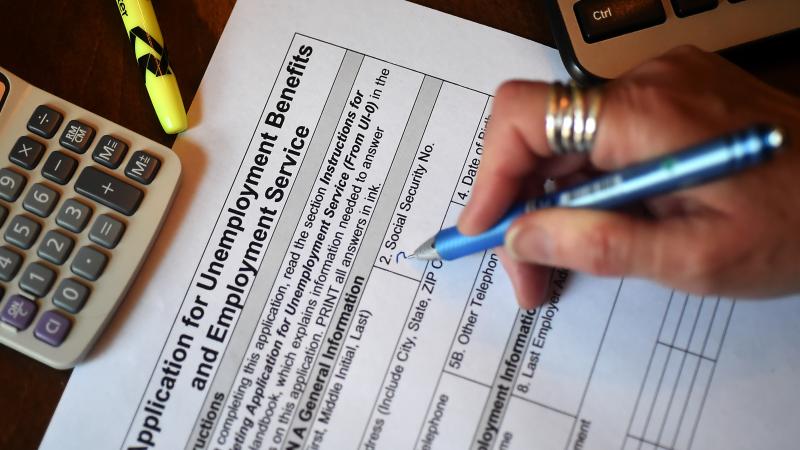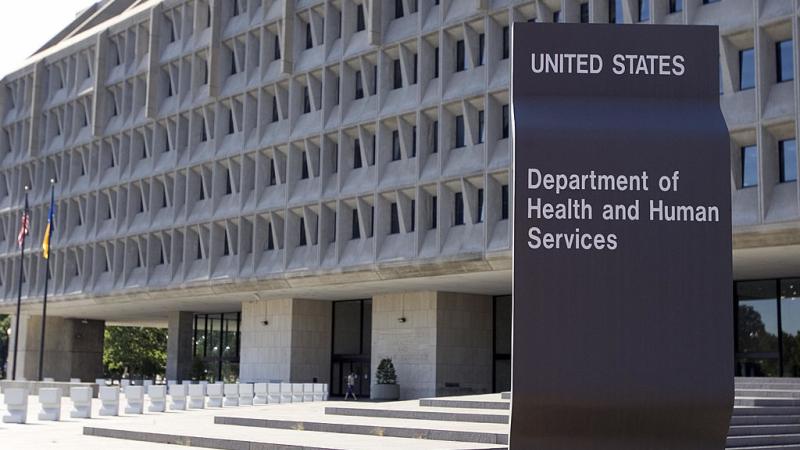Italian lawmakers expand ban on surrogacy
The legislation makes seeking surrogacy overseas punishable by up to two years in prison, and up to a million Euros in fines.
Italy's parliament on Wednesday extended a surrogacy ban that prohibits citizens from seeking it internationally, after Italian Prime Minister Giorgia Meloni voiced opposition for the practice.
The country's Senate finalized the law in an 84-58 vote, which was led by Meloni's conservative Brothers of Italy party. The lower chamber passed the bill last year, which has been seen as targeting same-sex couples that cannot have children biologically.
The legislation makes seeking surrogacy overseas punishable by up to two years in prison, and up to a million Euros in fines.
“Motherhood is absolutely unique, it absolutely cannot be surrogated, and it is the foundation of our civilization,” Brothers of Italy senator Lavinia Mennuni said during the chamber's debate, per Reuters. “We want to uproot the phenomenon of surrogacy tourism.”
The comment comes after Meloni, who has been criticized as far-right, claimed that surrogacy is an "inhuman" practice during a conference in April. The criticism of surrogacy echoes the Catholic Church's stance on the issue.
“People are not objects, children cannot be bought, and you cannot sell or rent human body parts," Meloni’s Cabinet member Eugenia Roccella said Wednesday. "This simple truth, already contained in our legal system, that punishes as a crime the aberrant practice of surrogacy, can no longer be circumvented."
Demonstrators protested the bill outside of the Senate on Tuesday, claiming it unfairly targeted LGBT couples and would hurt Italy's declining birth rate.
“If someone has a baby, they should be given a medal. Here instead you are sent to jail if you don’t have children in the traditional way,” protester Franco Grillini told Reuters. “This is a monstrous law. No country in the world has such a thing."
Misty Severi is an evening news reporter for Just The News. You can follow her on X for more coverage.















